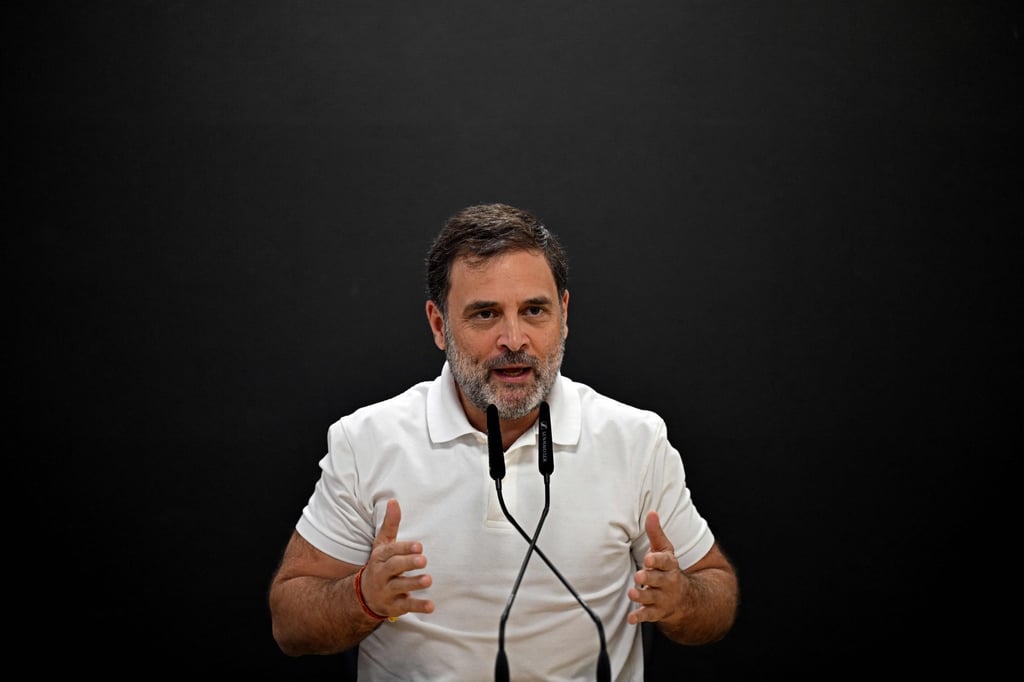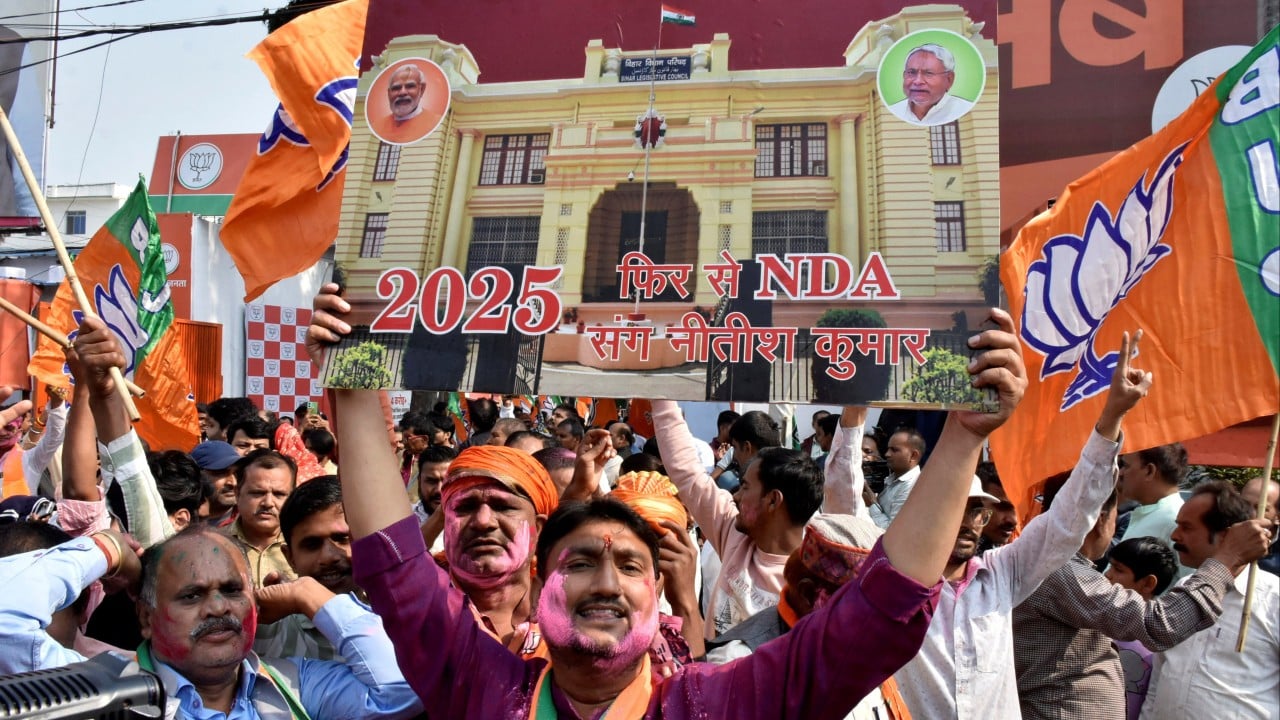A sweeping election victory for Prime Minister Narendra Modi’s Bharatiya Janata Party (BJP) in Bihar has raised fresh questions about the future of India’s political opposition.
Advertisement
Analysts say the landslide outcome – which defied predictions of a close race – highlights an increasingly lopsided political landscape, with a dominant BJP facing a fragmented opposition, particularly a Congress party struggling with internal drift and unresolved leadership issues.
The BJP, its main regional ally, Janata Dal United, and other parties in the alliance secured 202 of the 243 seats in the state legislature earlier this month, well above the threshold of 122 seats for a comfortable majority. Modi’s BJP emerged as the single largest party with 89 seats, followed by Janata Dal United with 85.
Congress, once India’s ruling party and still its largest national opposition group, won only six seats – a steep drop from the 19 it secured in the 2020 election.
“The BJP will no doubt get stronger but my worry is not that. There will be virtually no opposition and that is not a healthy democracy at all,” said Harsh Ramaswamy, an independent political commentator.

Ramaswamy said the one-sided results showed that it was high time for Rahul Gandhi, scion of the influential Gandhi dynasty, to step aside and make way for new leaders such as Shashi Tharoor, an author and diplomat, as well as Kapil Sibal, a renowned lawyer.

